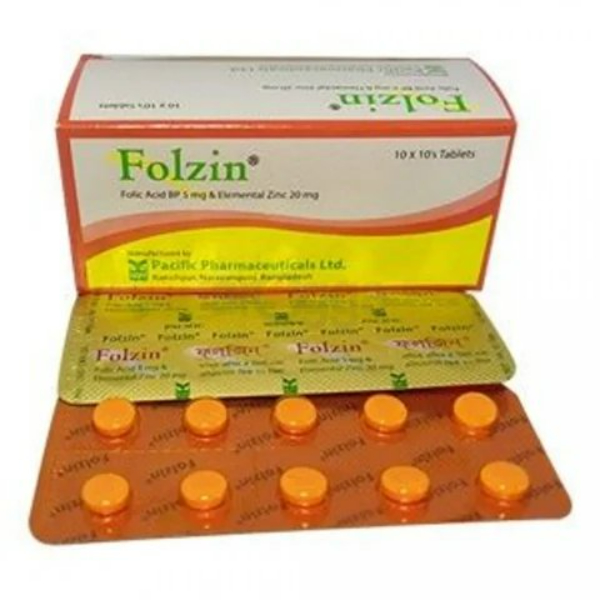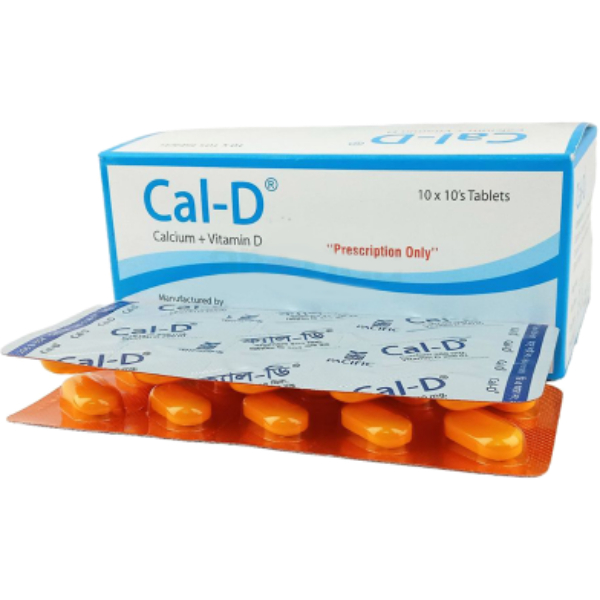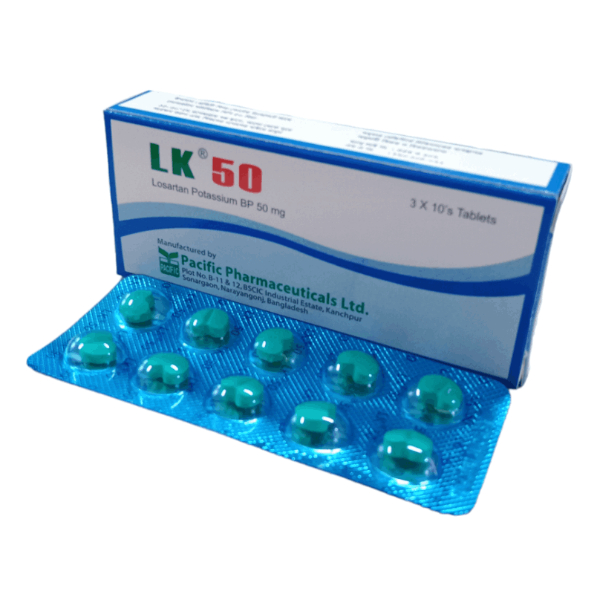Description
রেজিস্টার্ড চিকিৎসকের পরামর্শ মোতাবেক ঔষধ সেবন করুন
Indications:
-
Peripheral and diabetic neuropathy
-
Neuralgia and neuritis
-
Vitamin B1, B6, and B12 deficiencies
-
Supportive therapy in neurological disorders
-
General fatigue and weakness associated with nerve inflammation
Pharmacology:
-
Vitamin B1 (Thiamine) 100 mg: Essential for nerve impulse transmission and carbohydrate metabolism.
-
Vitamin B6 (Pyridoxine) 200 mg: Plays a key role in neurotransmitter synthesis and red blood cell production.
-
Vitamin B12 (Cyanocobalamin) 200 mcg: Crucial for myelin sheath formation, DNA synthesis, and nerve cell health.
This combination supports overall nerve function, enhances nerve regeneration, and alleviates neuropathic symptoms.
Dosage & Administration:
-
1 tablet daily or as directed by a physician
-
Preferably taken after meals with water
-
Dosage may vary based on severity of deficiency or condition
Interaction:
-
Long-term use of high-dose pyridoxine may reduce the efficacy of levodopa
-
Absorption of vitamin B12 may be reduced by metformin, proton pump inhibitors, or colchicine
-
No significant interaction with most commonly used drugs
Contraindications:
-
Hypersensitivity to any component
-
Patients with Leber’s disease (a hereditary optic nerve atrophy)
Side Effects:
-
Generally well tolerated
-
Rare: Mild gastrointestinal discomfort, allergic reaction, flushing, or rash
Pregnancy & Lactation:
-
Pregnancy: Safe in recommended doses; consult physician
-
Lactation: Considered safe, but use under medical supervision
Precautions & Warnings:
-
Long-term high-dose vitamin B6 may cause sensory neuropathy
-
Do not exceed the recommended dose without medical advice
-
Monitor vitamin B12 levels in patients with malabsorption issues
Therapeutic Class:
Vitamin-B Complex preparations
Storage Conditions:
Store below 25°C in a dry, cool place, away from sunlight and moisture. Keep out of reach of children.

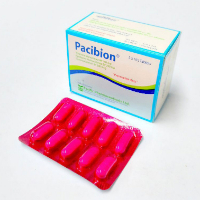
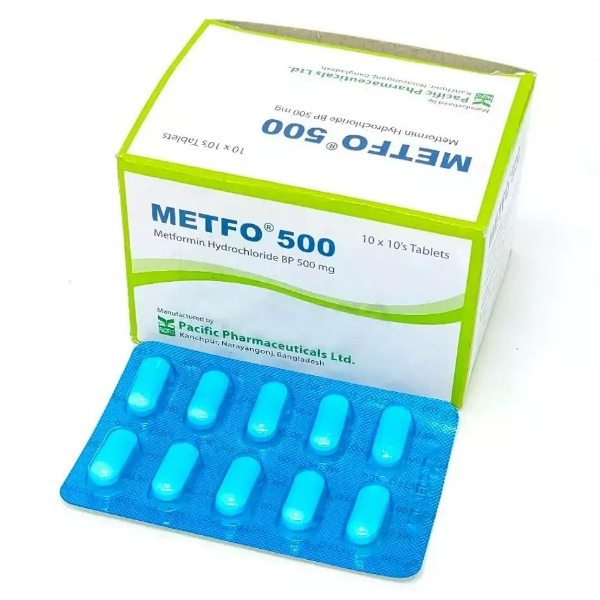
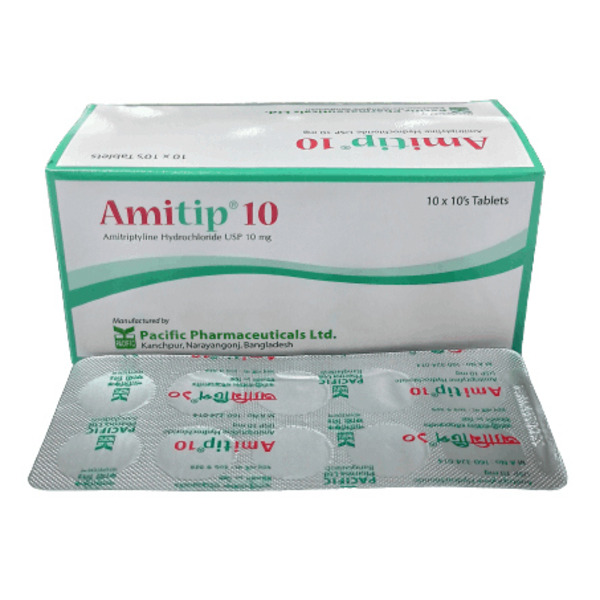
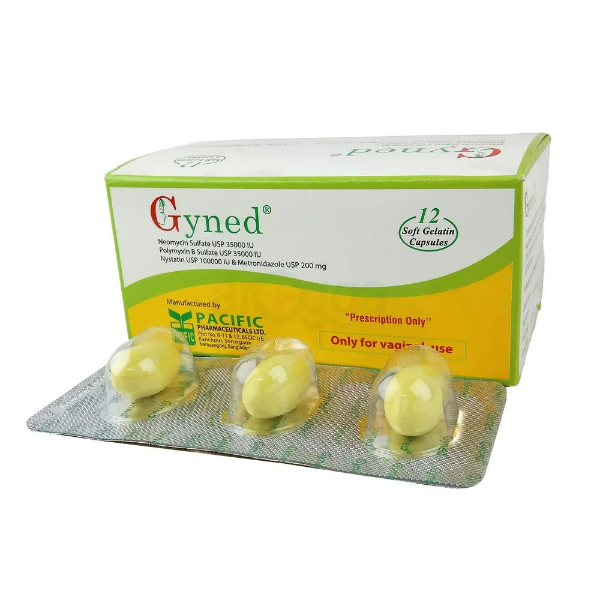
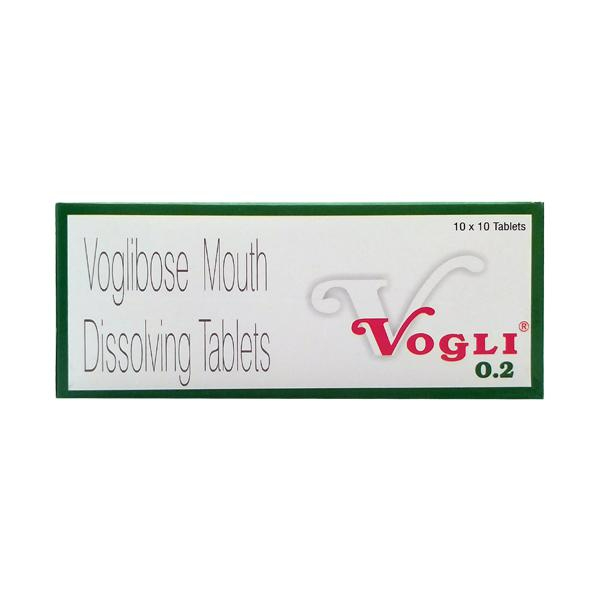
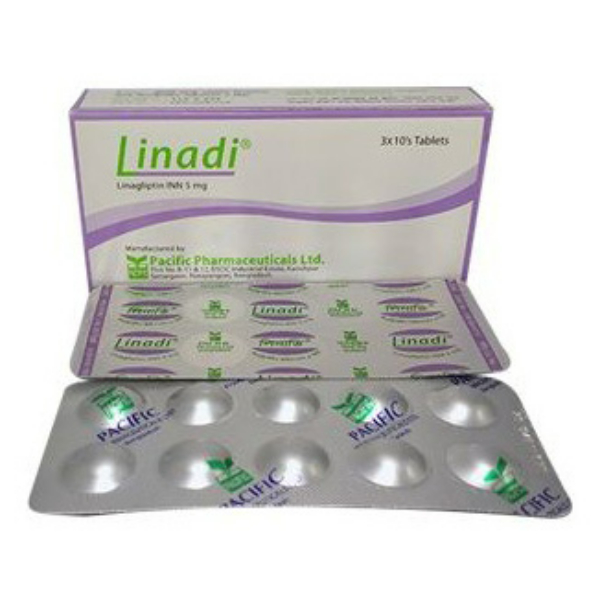
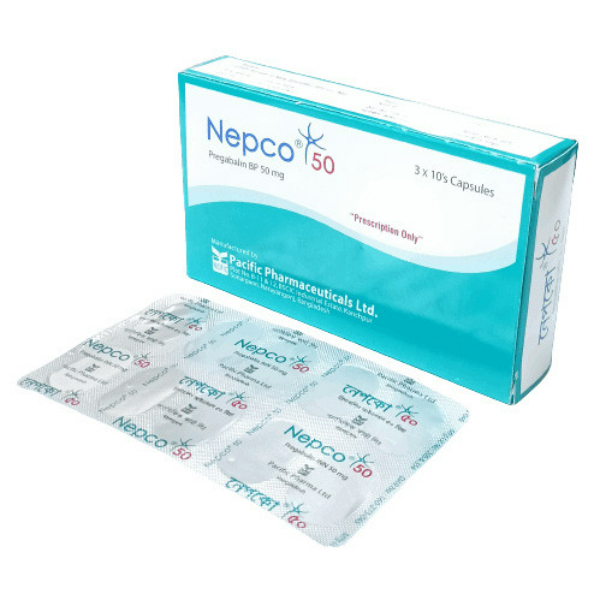
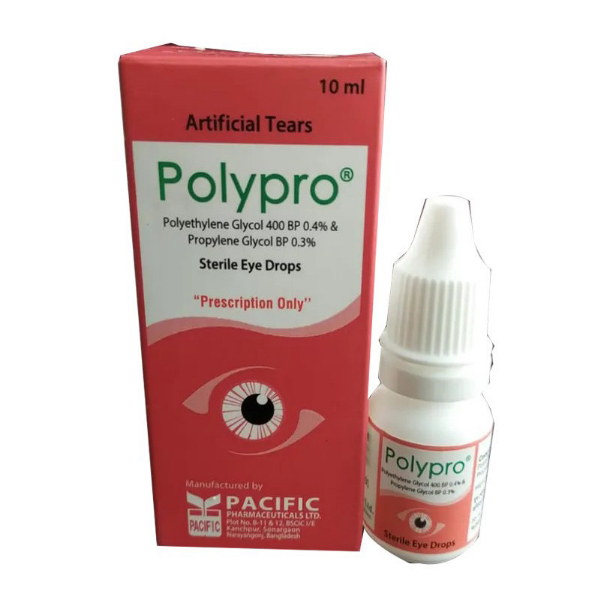
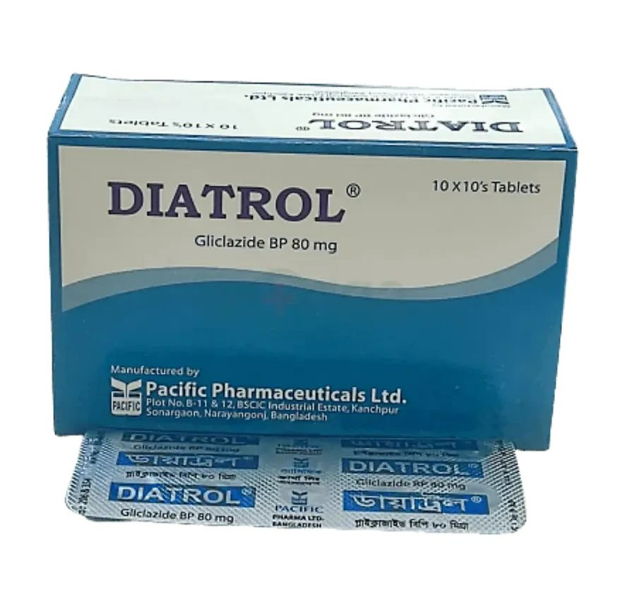

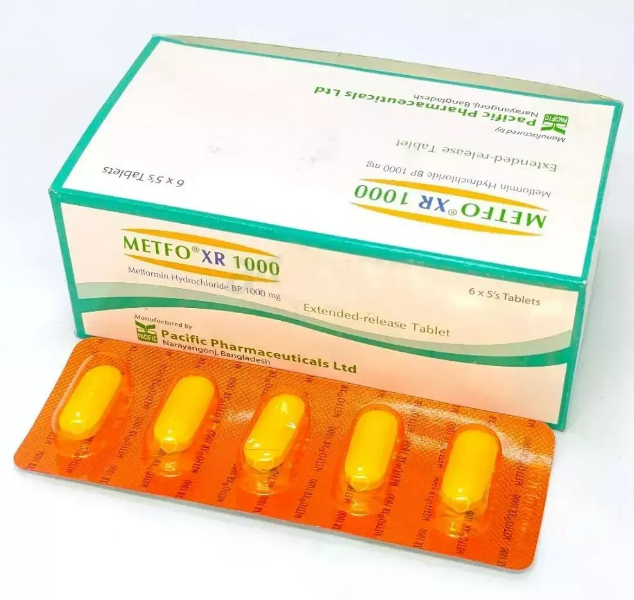

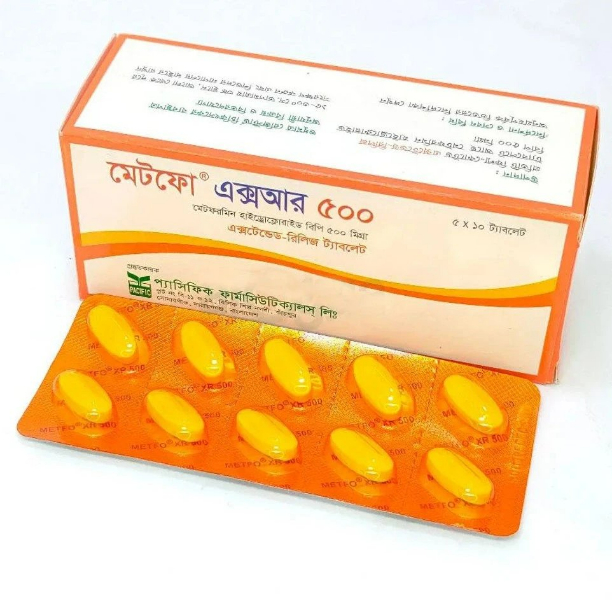


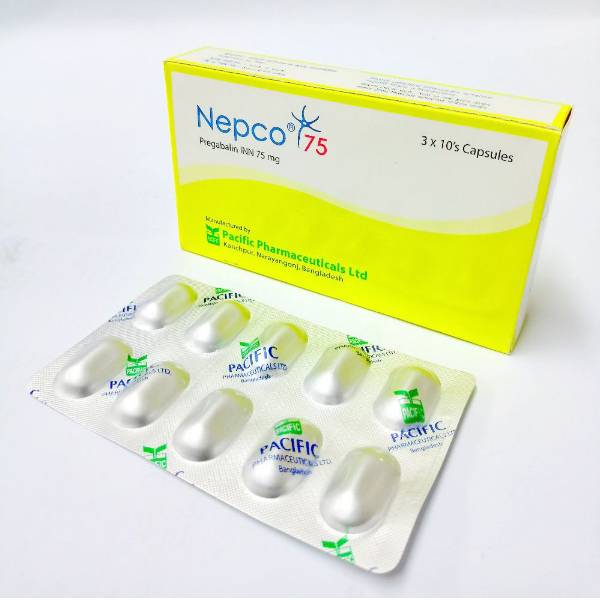
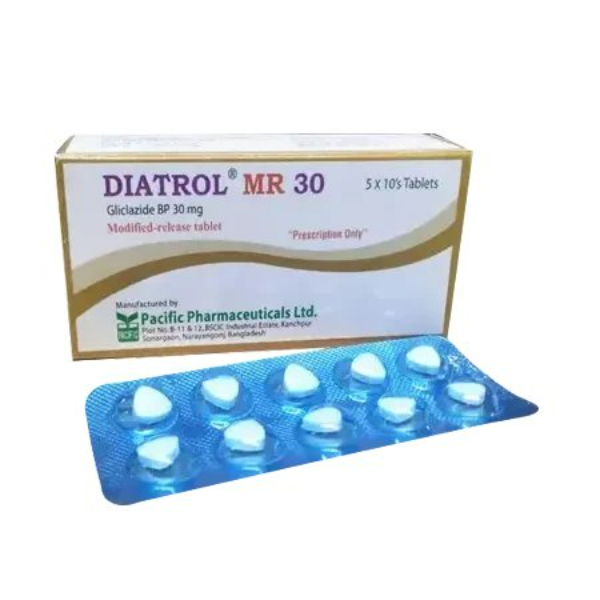
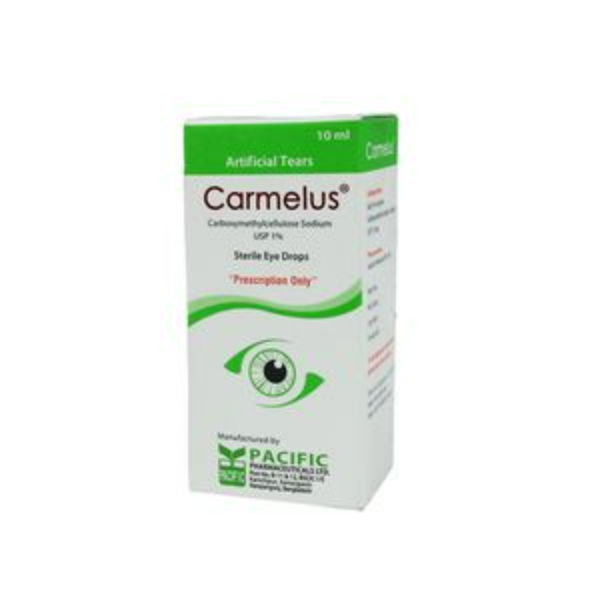
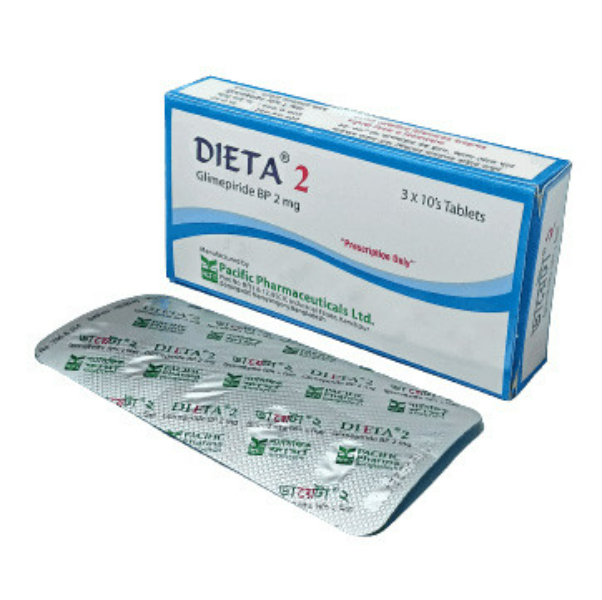
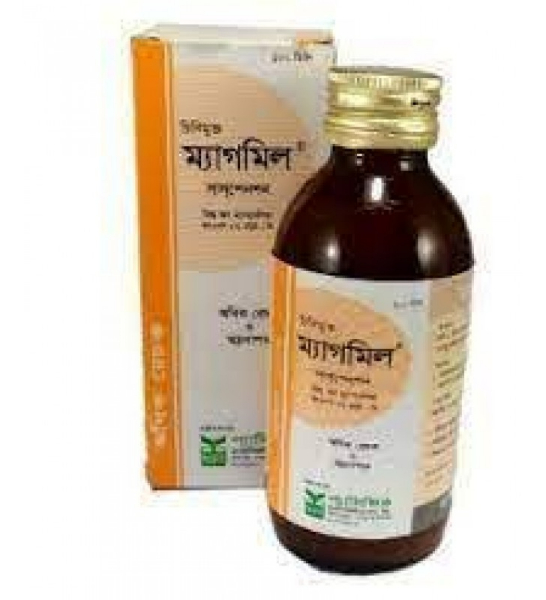
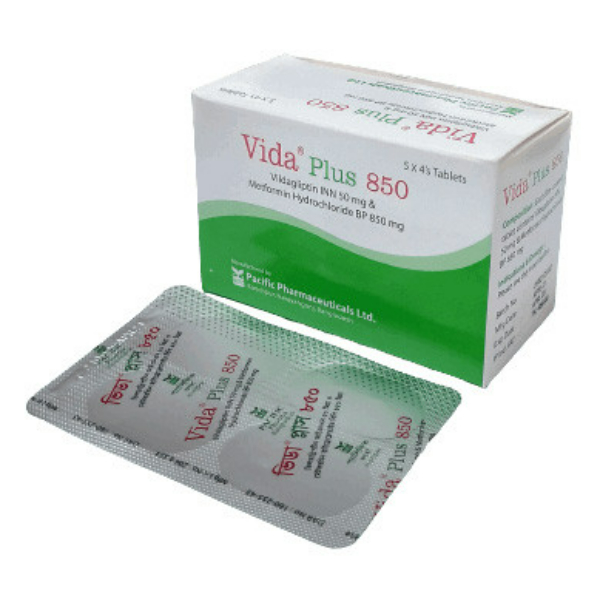
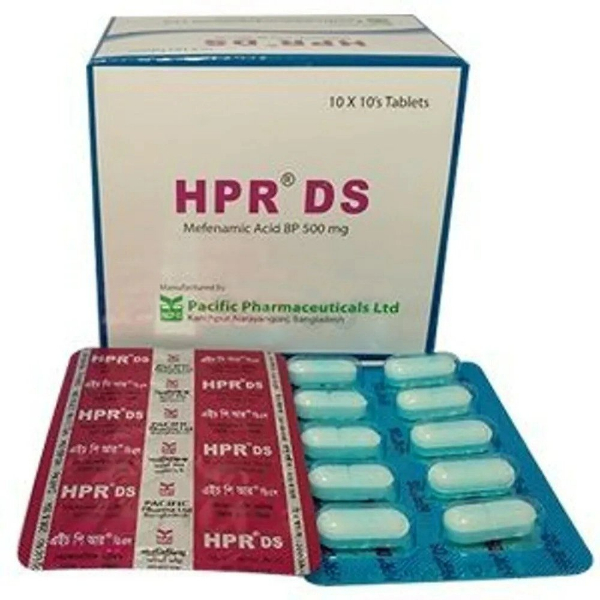
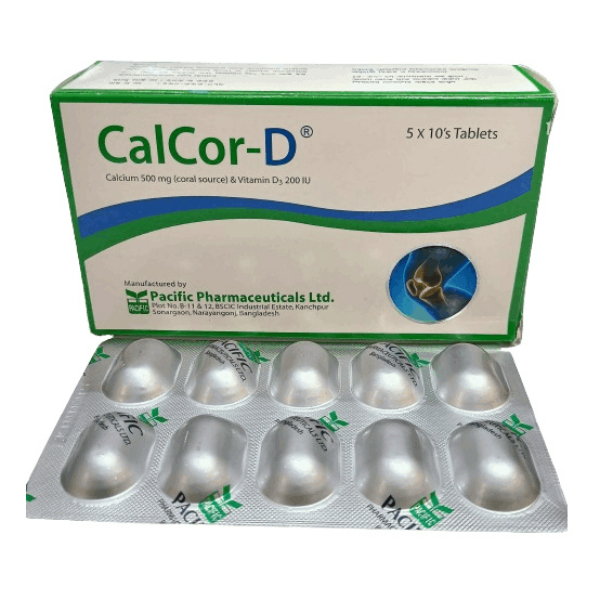
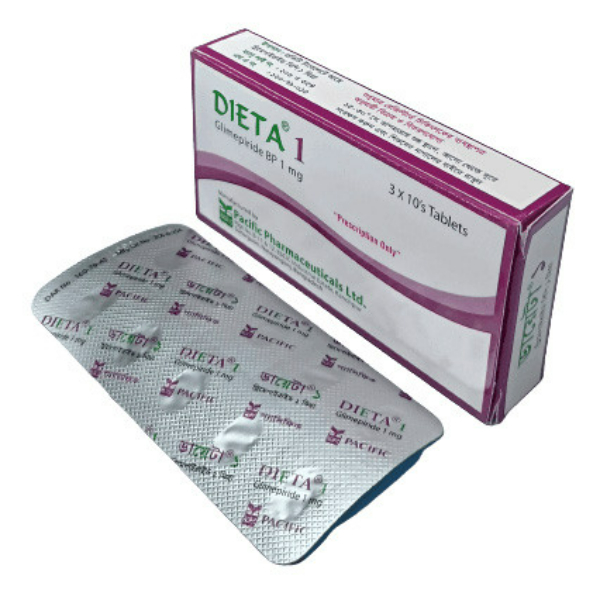
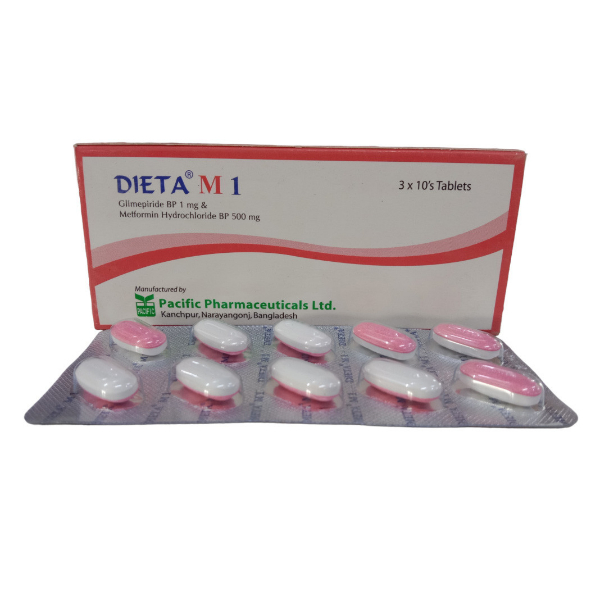
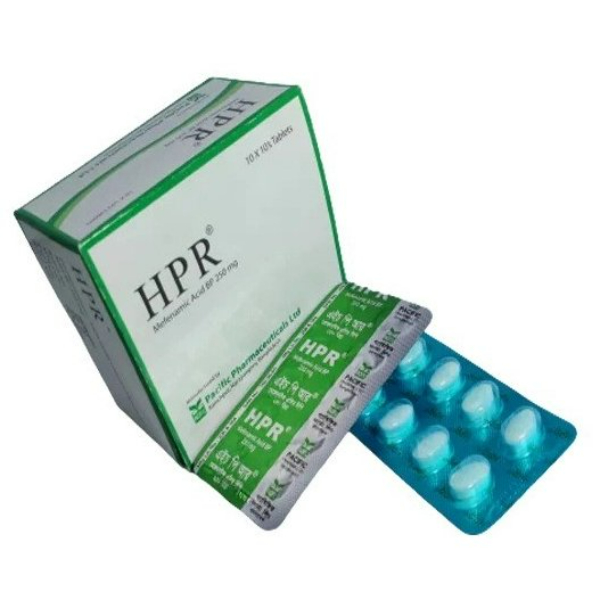
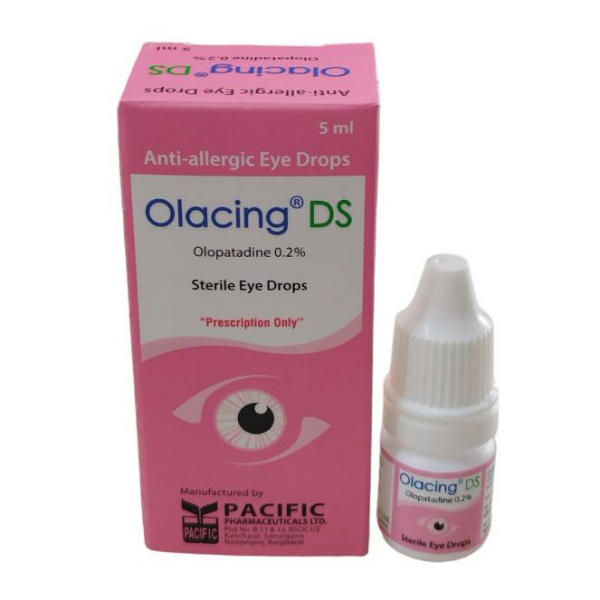
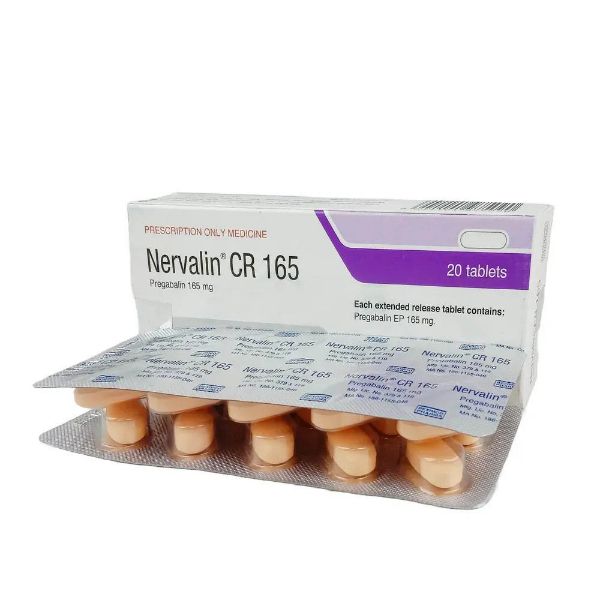
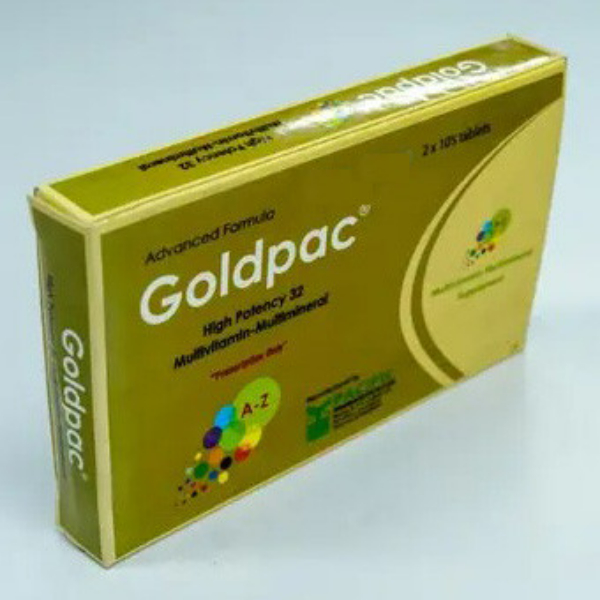
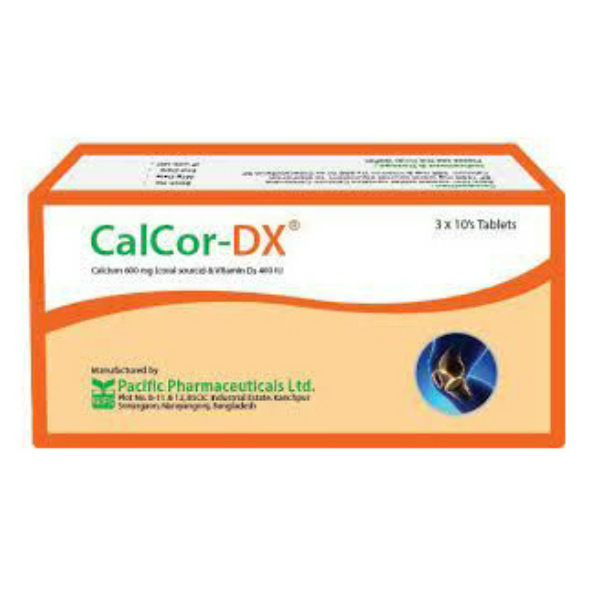
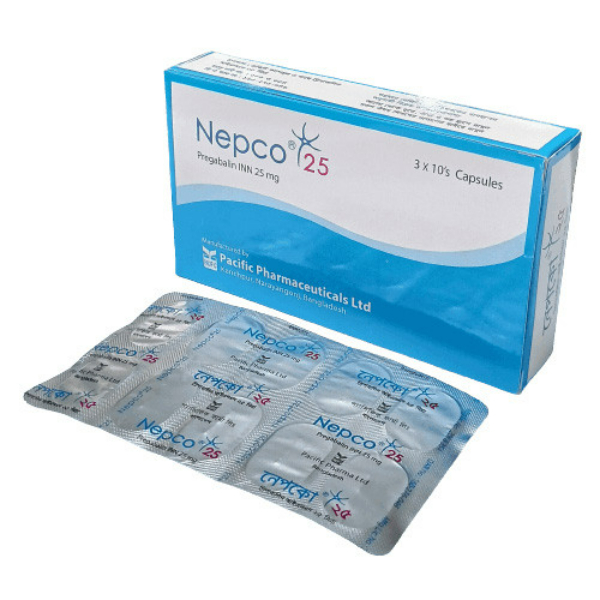
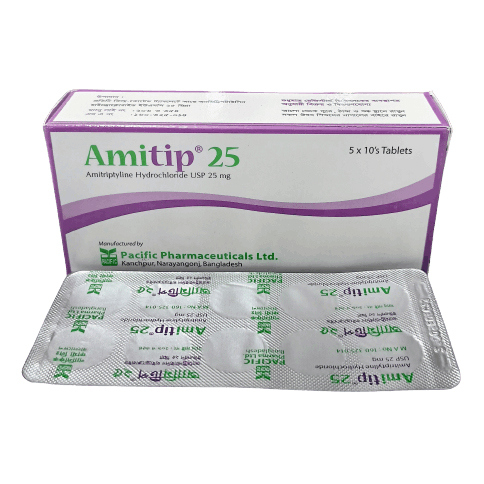
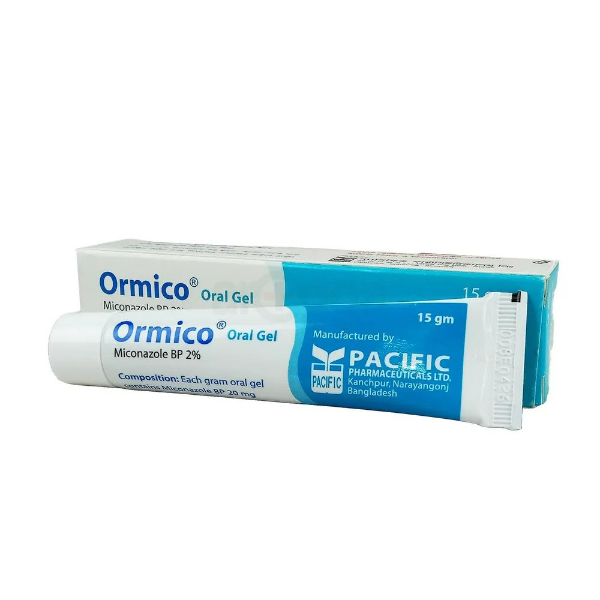
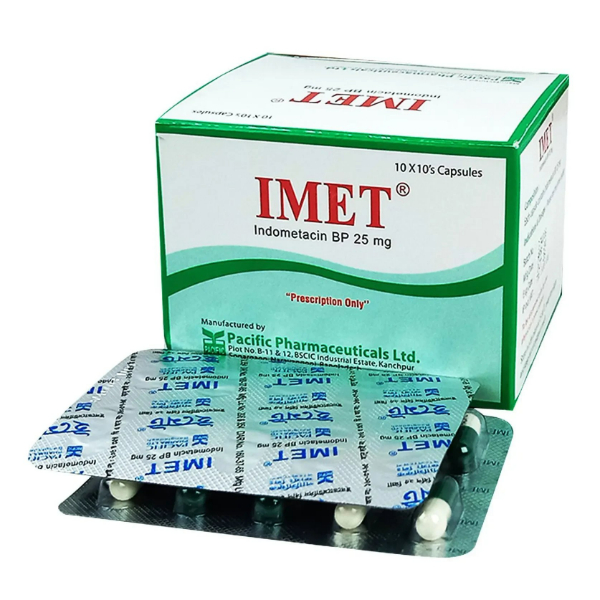
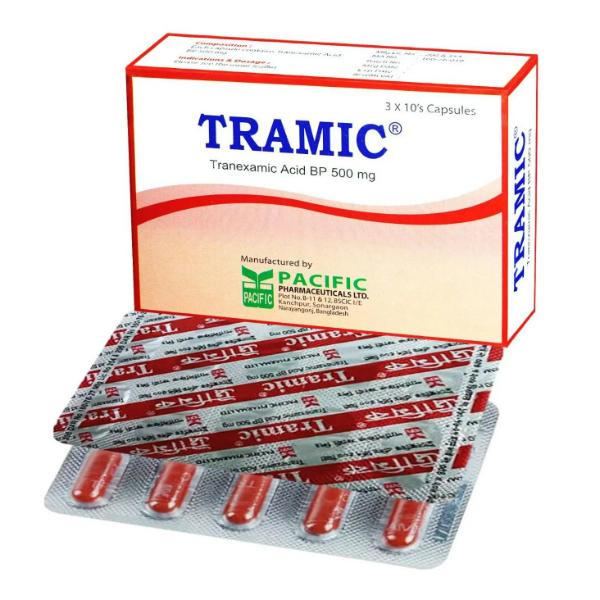
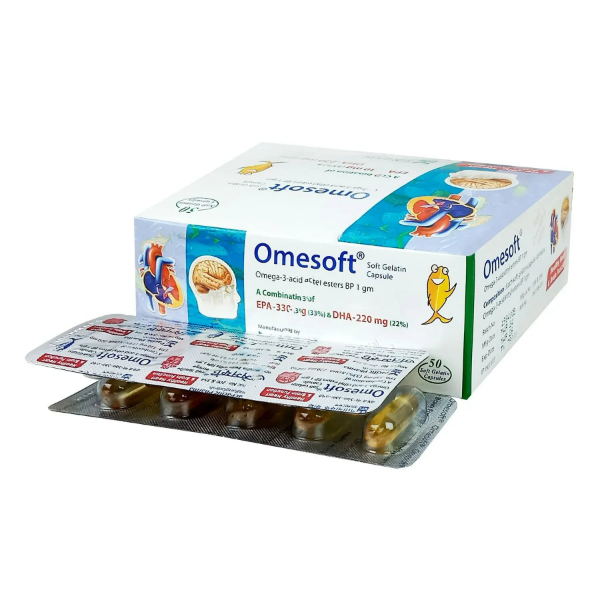
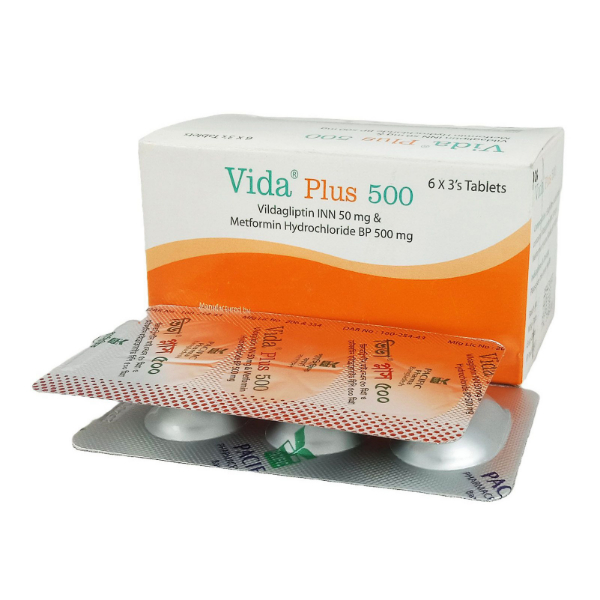
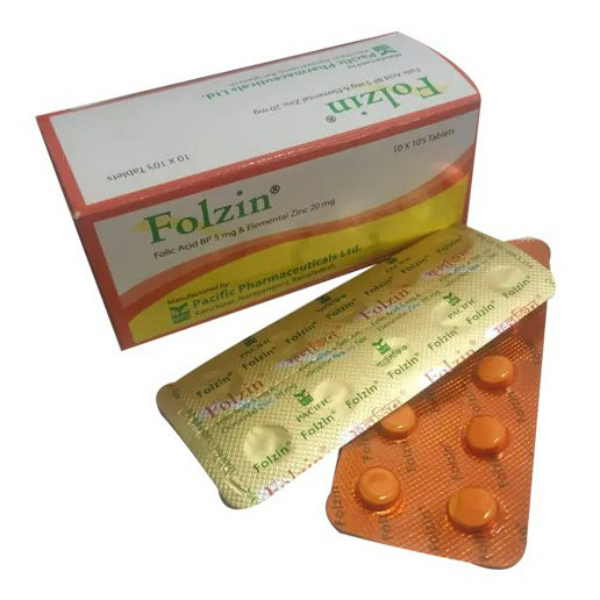
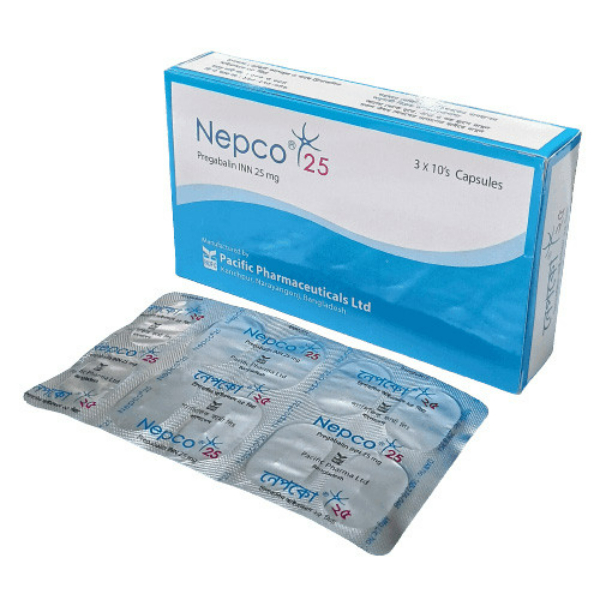
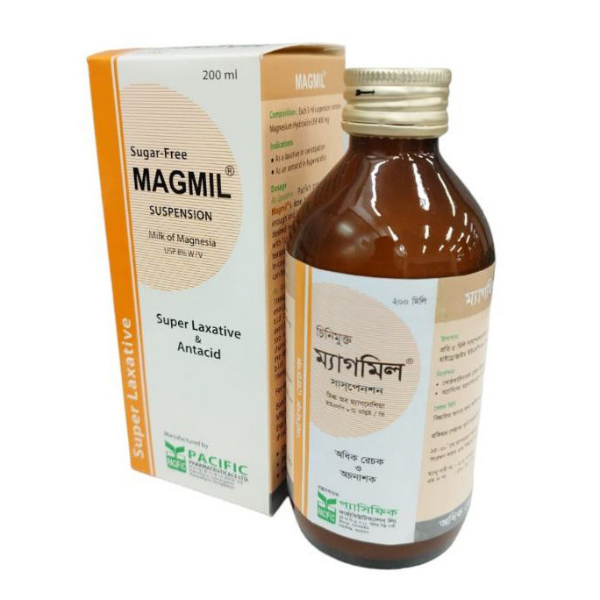
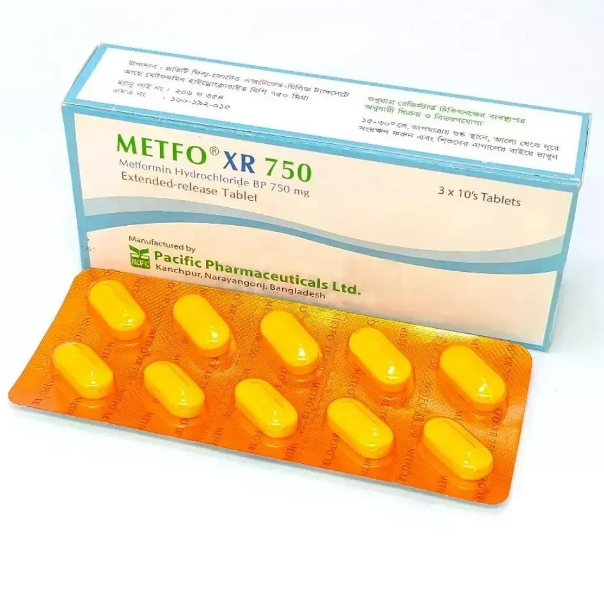
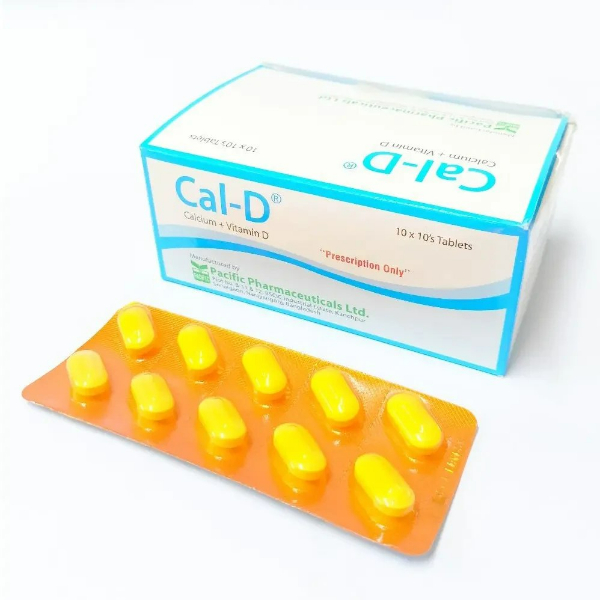
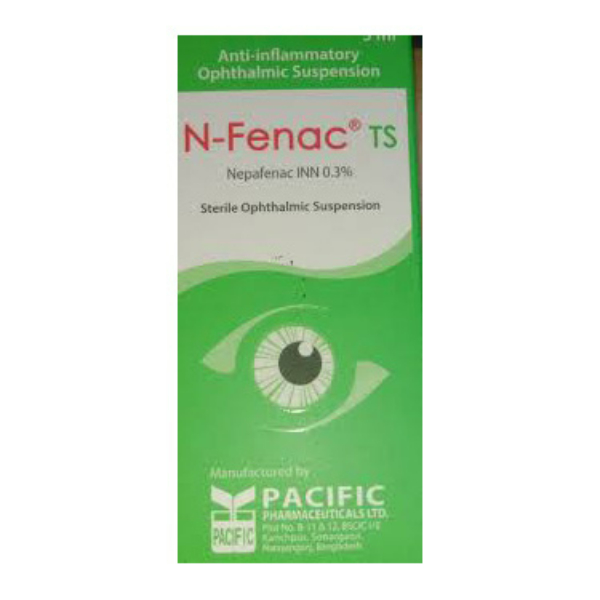
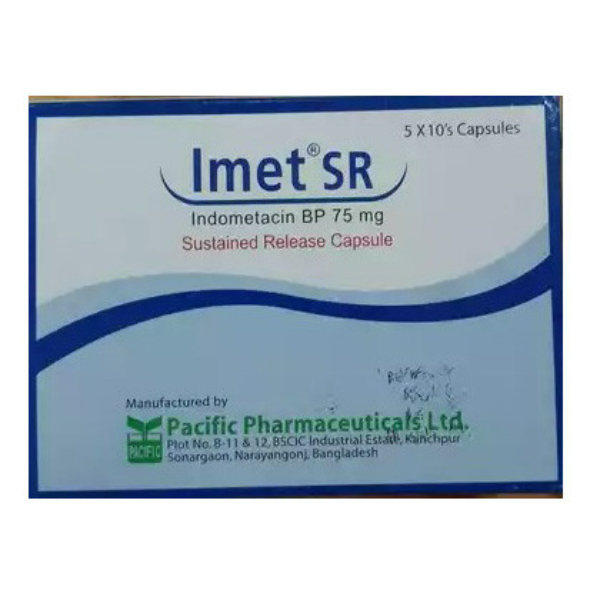
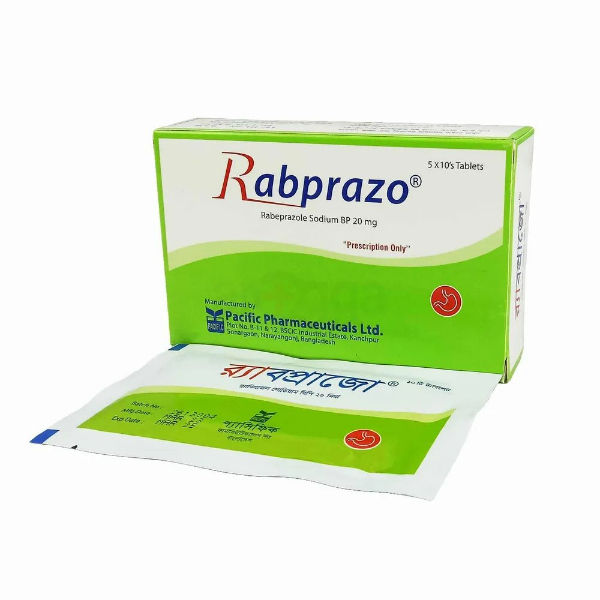
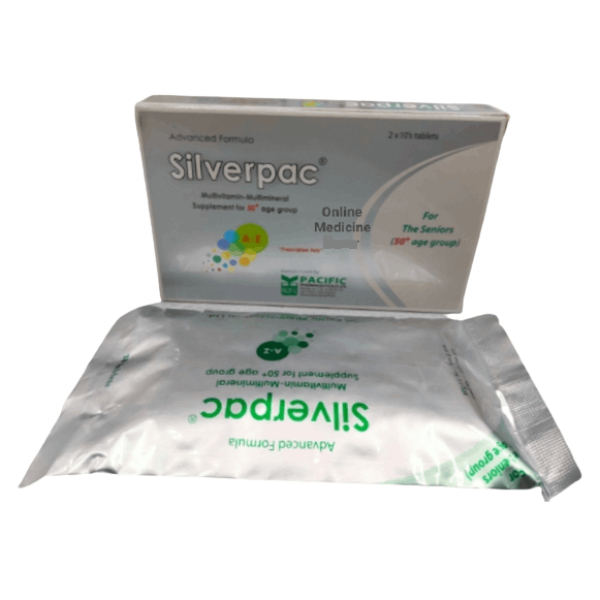
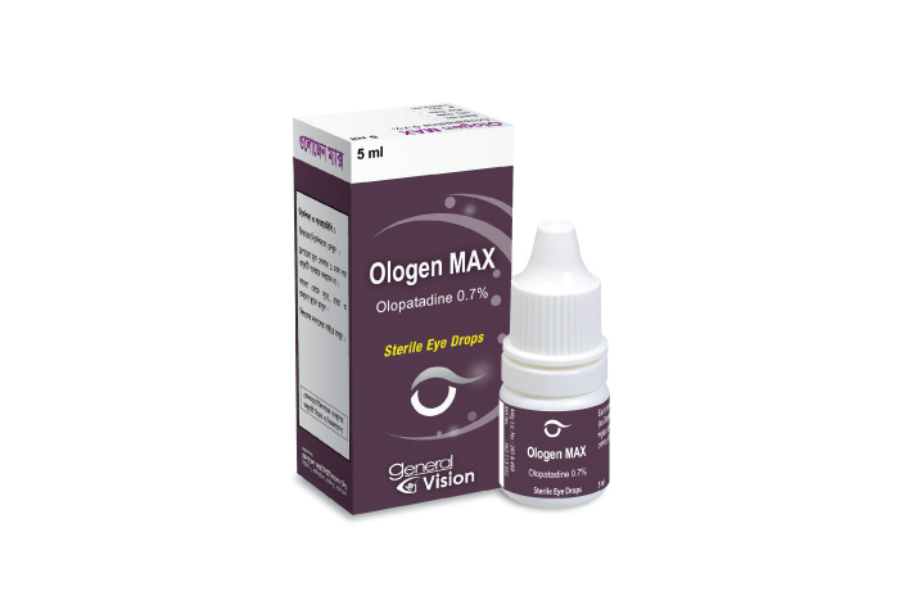
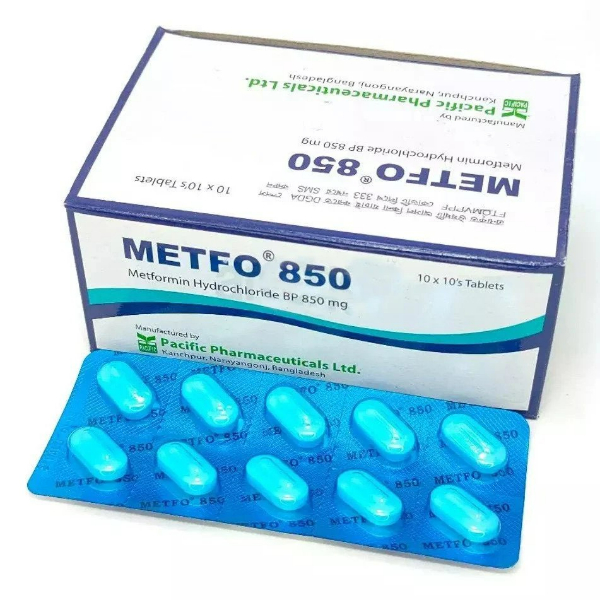
.jpg)
